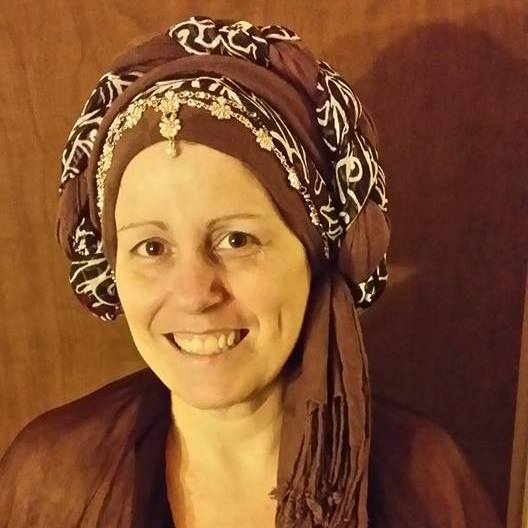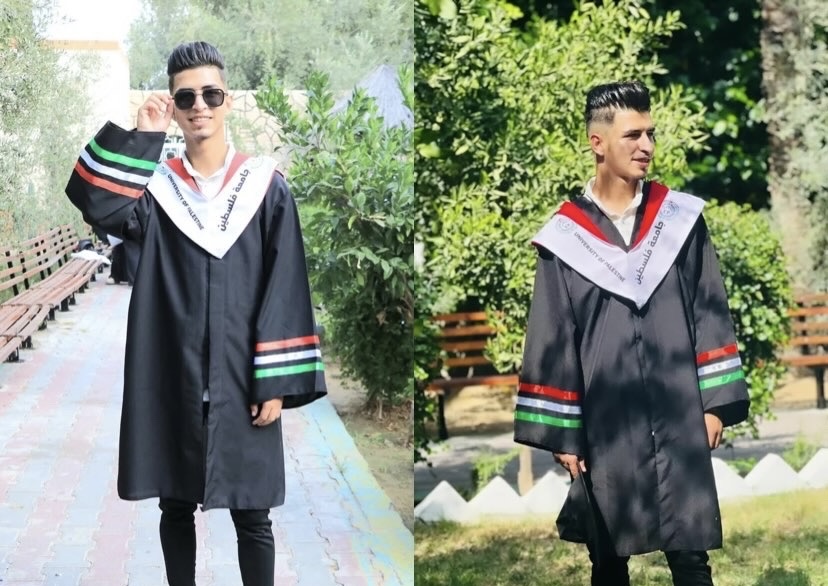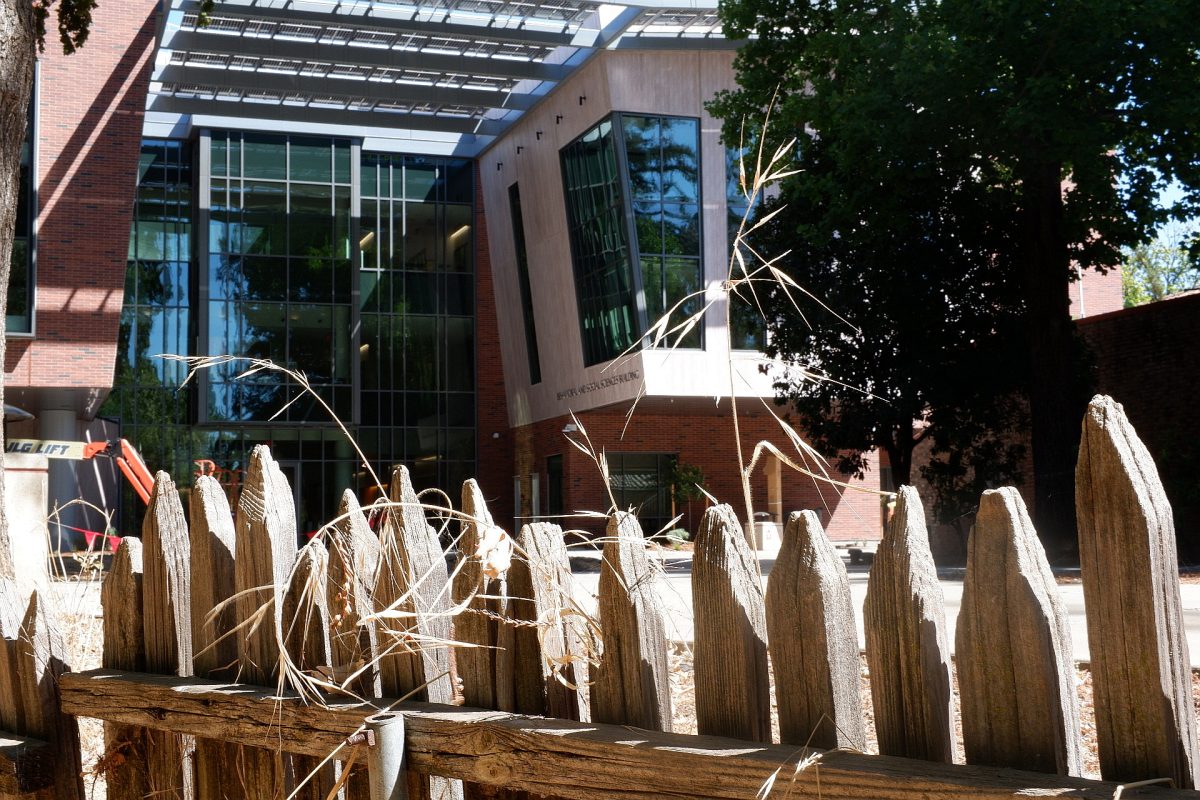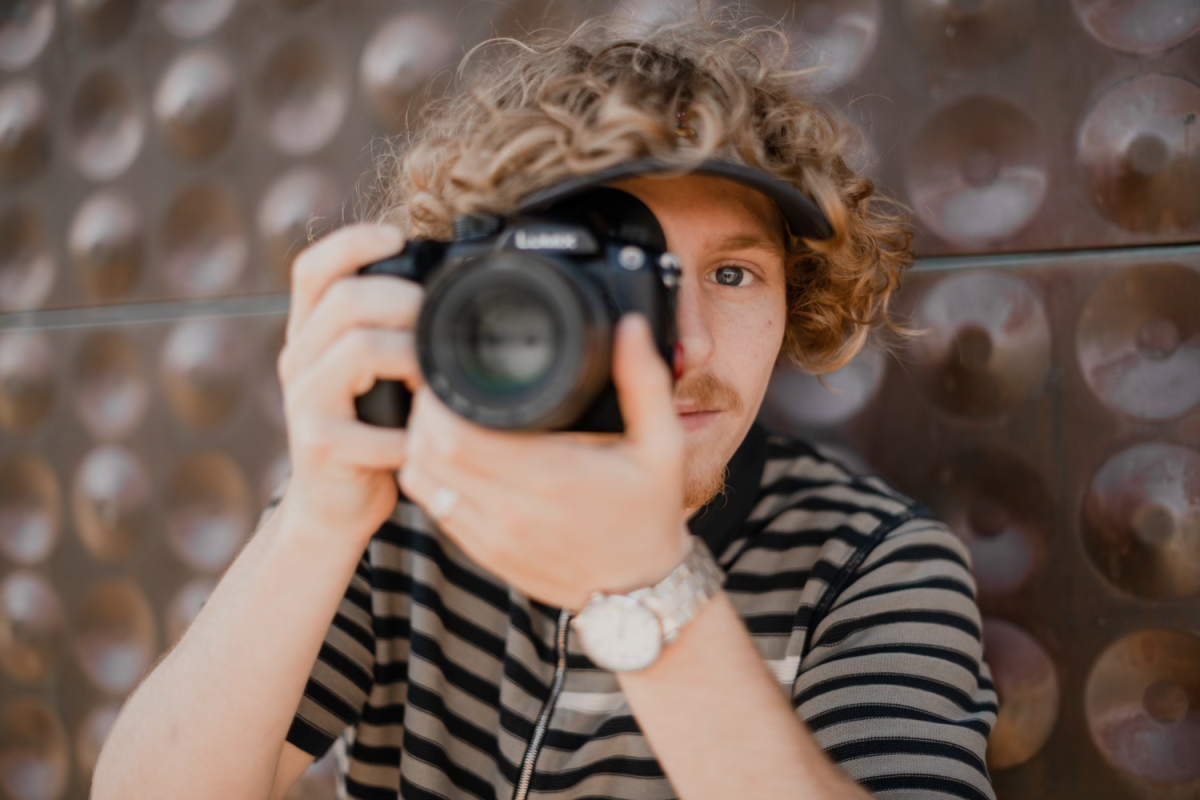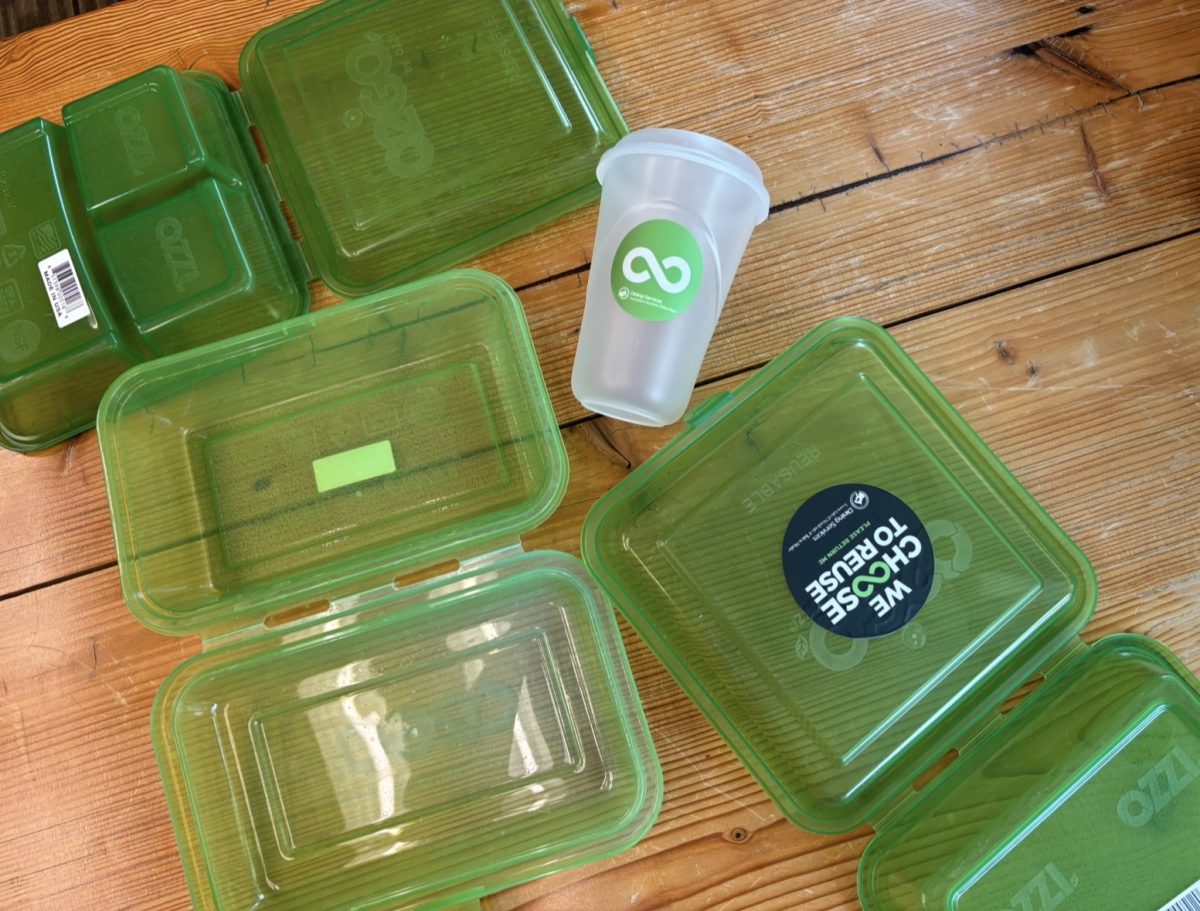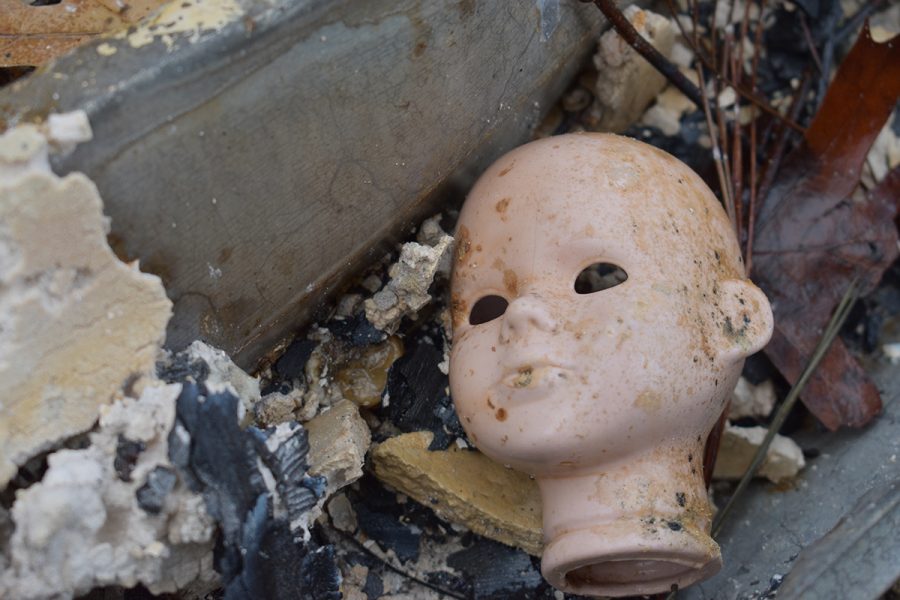The Religious Diversity Association, the only interfaith organization at Chico State, will be rekindled this semester following the increasingly polarized climate of religious relations in the national media.
RDA, founded in 2013, has been dormant for the last few semesters due to a lack of membership and scarcity of funds. This spring, however, the club is regaining recognition and breathing new life into diversity development on campus.
“RDA has been reenergized by political development and by the campus initiative to create interfaith education,” said Dr. Kate McCarthy, faculty advisor for RDA. “More people are realizing religion is an important part of diversity.”
Given the current climate of religious discourse on the national stage, there is a growing demand for interfaith work.
Interfaith on Campus
The goal of interfaith work is to help people articulate their own world views with others so that common values can surface and groups can engage in shared action, McCarthy said. “It doesn’t try to erase difference.”
RDA endeavors to perform this service by working in coalition with other cultural and religious organizations. “College is a place where people are questioning religion, world views, and their own beliefs and RDA provides a safe place to ask those questions and explore the beliefs of others,” said Holly Gocka, treasurer of RDA.
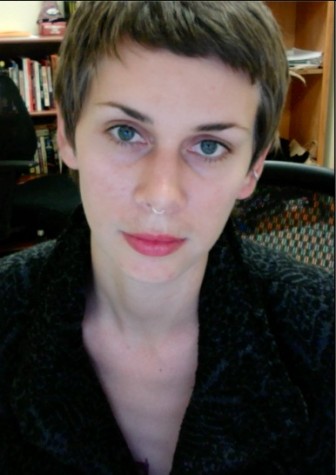
RDA’s leading officers, Tova Love and Holly Gocka, experienced the value of interfaith work first-hand when they attended the Parliament of the World’s Religions last October. This event has circled the globe and was last held in the United States in 1993.
Love and Gocka spent five days in Salt Lake City, Utah, among leaders and activists from many different religious backgrounds.
“What I experienced at the parliament was a feeling of unity and acceptance that the world so desperately needs,” Love said. “With so many different cultures and religions coming together, one would expect there would be conflict on some level, but there wasn’t. In my experience, love superseded all of our differences.”
Love and Gocka plan to utilize the tools they learned at the parliament to revitalize RDA’s mission at Chico State.
RDA seeks to promote religious literacy and build bridges across lines of religious difference and between non-religious and religious identities. To this end, RDA intends to host a number of events this spring to propel community building.
RDA Events
Starting next month, RDA will be facilitating Death Café meetings. “Death Café is a dialogue in which the taboo subject of death is talked about openly,” Love said. “There will be a focus on sharing ideas about death, dying and the afterlife from all different cultures and religions.” The meetings will be held monthly and are open to all students and community members.
RDA will also be hosting the Wrap Event at the end of April as a cultural event focused on religious and spiritual meetings attached to hair wrapping. Wrapping one’s hair is a common and meaning-rich practice within many religions ranging from hijab in Islam, turban in Sikhism or a tichel in Judaism.
The Wrap Event will showcase members of a number of local religious communities who wrap and feature their stories. Attendees will have the chance to learn how to wrap. Love, president of RDA, is wrapping her hair full-time in order to better understand the personal and spiritual impact of the action.
Finally, RDA will be co-hosting an Interfaith Seder feast on April 28 at the Newman Catholic Center. The event will be hosted in conjunction with Chico Hillel and Newman Catholic Center.
This semester, RDA is also working to establish a sacred space on campus for meditation, prayer, worship and devotion of all kinds.
RDA encourages all students who are interested to participate.
“These issues are not major specific,” Gocka said. “If you understand what people believe, it humanizes them. Religion can be a presence for goodness, peace and collaboration.”
Interfaith Beyond Campus Life
And for students looking to take interfaith work beyond campus life and into their careers, the Comparative Religion and Humanities department is creating a multi-disciplinary interfaith certificate to equip students for professional activities that involve religiously diverse populations. It consists of coursework from multiple departments that provides practical training to effectively work with religion in a way that is socially engaged.
“There is an emphasis on pragmatic, real-world skills for managing sensitive areas of potential conflicts,” McCarthy said.
The certificate program will be available fall 2017.
“Diversity is an American value and these traditions have a lot to contribute to American civic culture,” McCarthy said.
Molly Sullivan can be reached at [email protected] or @SullivanMollyM on Twitter.



